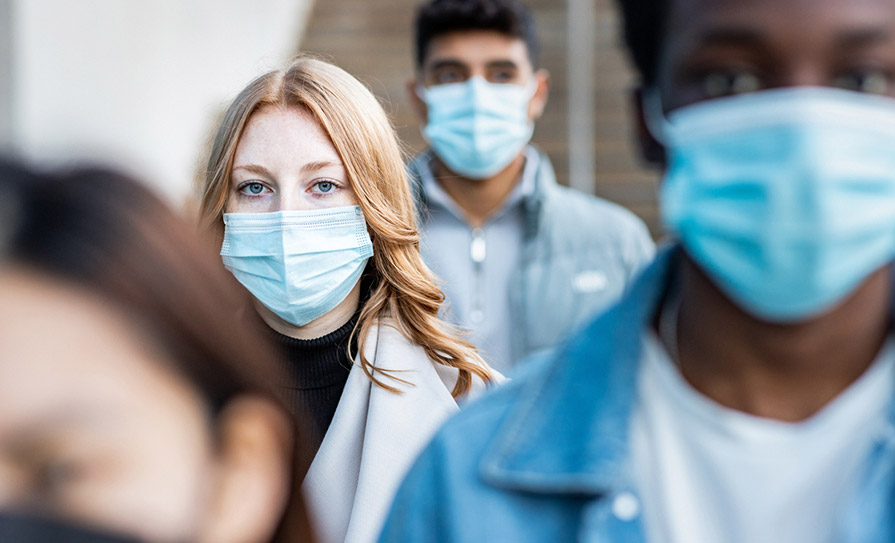
A significant announcement was made at the beginning of this month on an issue that has affected all of our lives.
On 5 May, the Director-General of the World Health Organisation (WHO) Dr Tedros Adhanom Ghebreyesus declared that Covid-19 was no longer a public health emergency of international concern.
The declaration followed the 15th meeting of the international health regulations (IHR) emergency committee on Covid-19.
During the deliberative session, the committee members highlighted the decreasing trend in Covid-19 deaths, the decline in Covid-19-related hospitalisations and intensive care unit admissions, and the high levels of population immunity to SARS-CoV-2.
While the global risk assessment remains high, there is evidence of reducing health risks driven mainly by high population-level immunity from infection, vaccination, or both; consistent virulence of currently circulating SARS-CoV-2 Omicron sub-lineages compared to previous sub-lineages; and improved clinical case management. These factors have contributed to a significant global decline in the weekly number of Covid-19-related deaths, hospitalisations, and admissions to intensive care units since the beginning of the pandemic. While SARS-CoV-2 continues to evolve, the currently circulating variants do not appear to be associated with increased severity.
The committee was informed that, globally, 13.3 billion doses of Covid-19 vaccines have been administered. Currently, 89 per cent of healthcare workers and 82 per cent of adults over 60 years have completed the primary series, although coverage in these priority groups varies in different regions.
The committee’s position has evolved over the last several months. But at its latest meeting, it decided that SARS-CoV-2 should not be deemed an unusual or unexpected event any longer.
While acknowledging the remaining uncertainties posed by the potential evolution of the virus, the committee advised that it is time to transition to long-term management of the Covid-19 pandemic. It should be noted that the committee recognised that the Director-General may decide to convene an IHR emergency committee on Covid-19 in the future if the situation requires.
Dr Ghebreyesus will convene an IHR review committee to advise on standing recommendations for the long-term management of the pandemic, taking into account the 2023-2025 Covid-19 Strategic Preparedness and Response Plan.
In the meantime, countries are advised to follow a number of temporary recommendations.
One of these is that countries “sustain the national capacity gains and prepare for future events to avoid the occurrence of a cycle of panic and neglect”.
It is also important that efforts to increase Covid-19 vaccination coverage for all people in the high-priority groups is maintained.
Countries should also continue the reporting of mortality and morbidity data as well as variant surveillance information to the WHO.
The other temporary recommendations relate to: The long-term availability and supply of vaccines; communications and community engagement; the lifting of international travel restrictions; and research.
Over the past three years, the pandemic has had a devastating impact on many people, and its consequences continue to be felt across health services and societies at large. Long Covid and vaccine equity are just two of the issues that will require constant review in the years to come. But the WHO’s declaration is to be welcomed. We can also hope the Covid-19 experience will help make the international community better prepared for whenever a future pandemic emerges.





Leave a Reply
You must be logged in to post a comment.